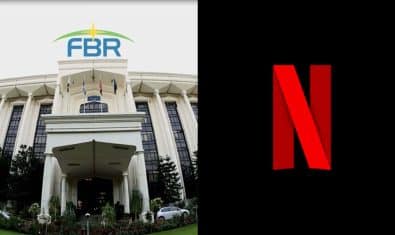There is still friction between the Federal Board of Revenue (FBR) and the provinces about tax on goods and services which needs to be examined to avoid hiccups in the implementation of reforms.
This has been stated in the FBR report (Stakeholder Engagement Plan) issued under the World Bank-funded Pakistan Raises Revenue Project (PRRP).
The report said that as initial interviewees in the Stakeholder Engagement Plan (SEP) exercise, representatives from the Sindh Revenue Board (SRB) shared their viewpoints on their relationship with FBR and other operational issues that they face.
At the provincial level, tax collection is fragmented under three tax collection authorities. There is a Revenue Board in each province, which is responsible for GST on services; the Board of Revenue (BoR), is responsible for the collection of registration fees, stamp duty, capital value tax, agricultural income tax, and land revenue; and Excise, Taxation and Narcotics Control (ET&N) Department, responsible for property tax, professional tax, infrastructure development cess, motor vehicle tax, excise duty, cotton fee, liquor and narcotics and entertainment duty.
Further, in each province, the Revenue Board is placed under a different department. Representatives from SRB pointed out that the Punjab Revenue Board operates under the Finance Department, the KP Revenue Authority and the Baluchistan Revenue Authority work under the Excise and Taxation Department and the Sindh Revenue Board is placed under the Chief Ministers office.
As a result of this fragmentation, there is an increased number of return forms, higher compliance costs, and difficulties in coordination with FBR and its subsidiary, Pakistan Revenue Automation (Pvt.) Ltd (PRAL).
Interviewees were of the view that tax harmonization is therefore the need of the hour. According to both FBR and SRB representatives, there is friction between FBR and the provinces about tax on goods and services which needs to be examined to avoid hiccups in the implementation of reform, it said.
There is a Council of Common Interests (CCI) and the Ministry of Interprovincial Coordination in place, which are headed by the prime minister for federal and provincial matters.
However, the role and function of the CCI and the ministry need to be strengthened. An institutional mechanism may also be established to ensure better and more frequent coordination on taxation affairs both among provinces and between provinces and the FBR. FBR has an internal committee with representation from each province to resolve the issues, the report added.


























